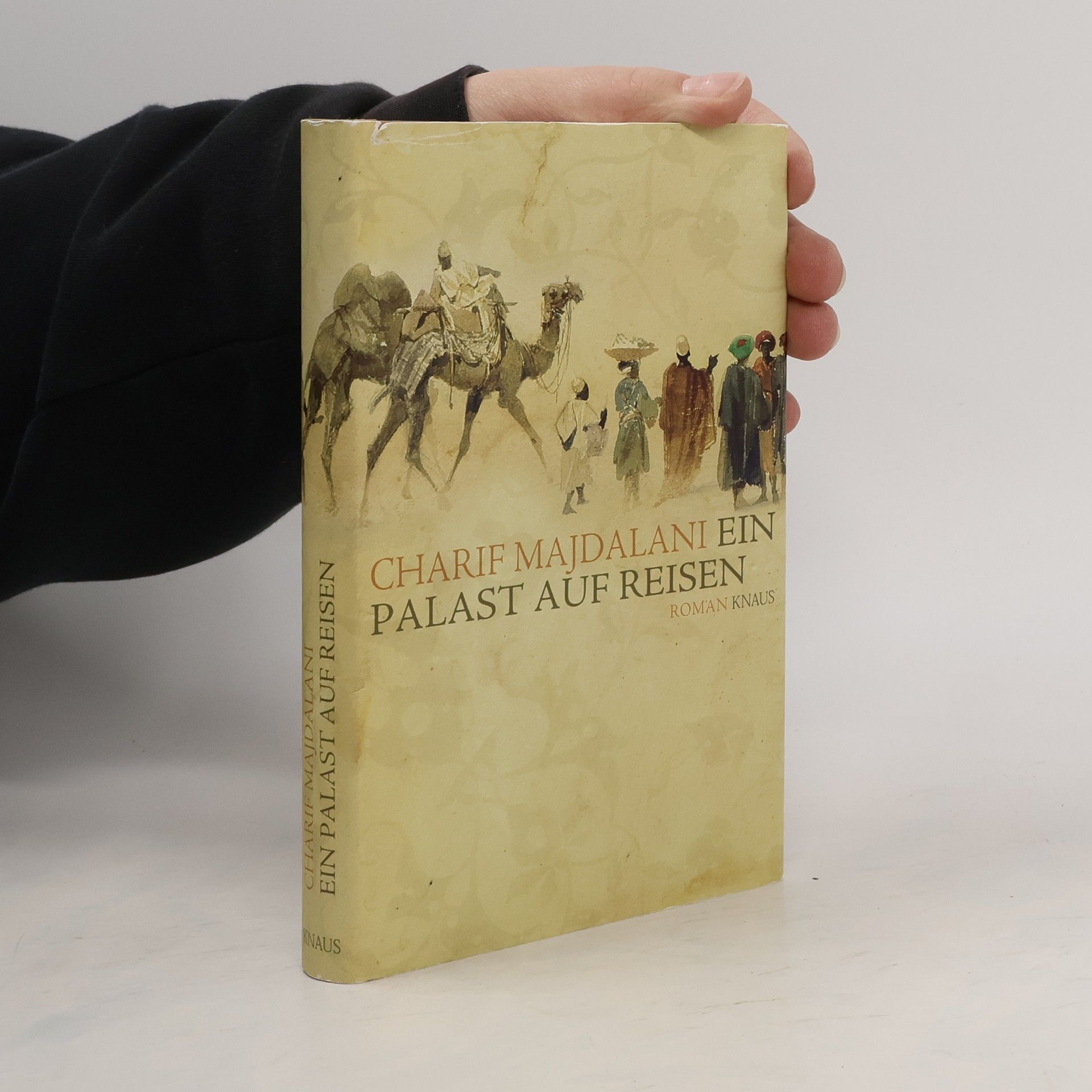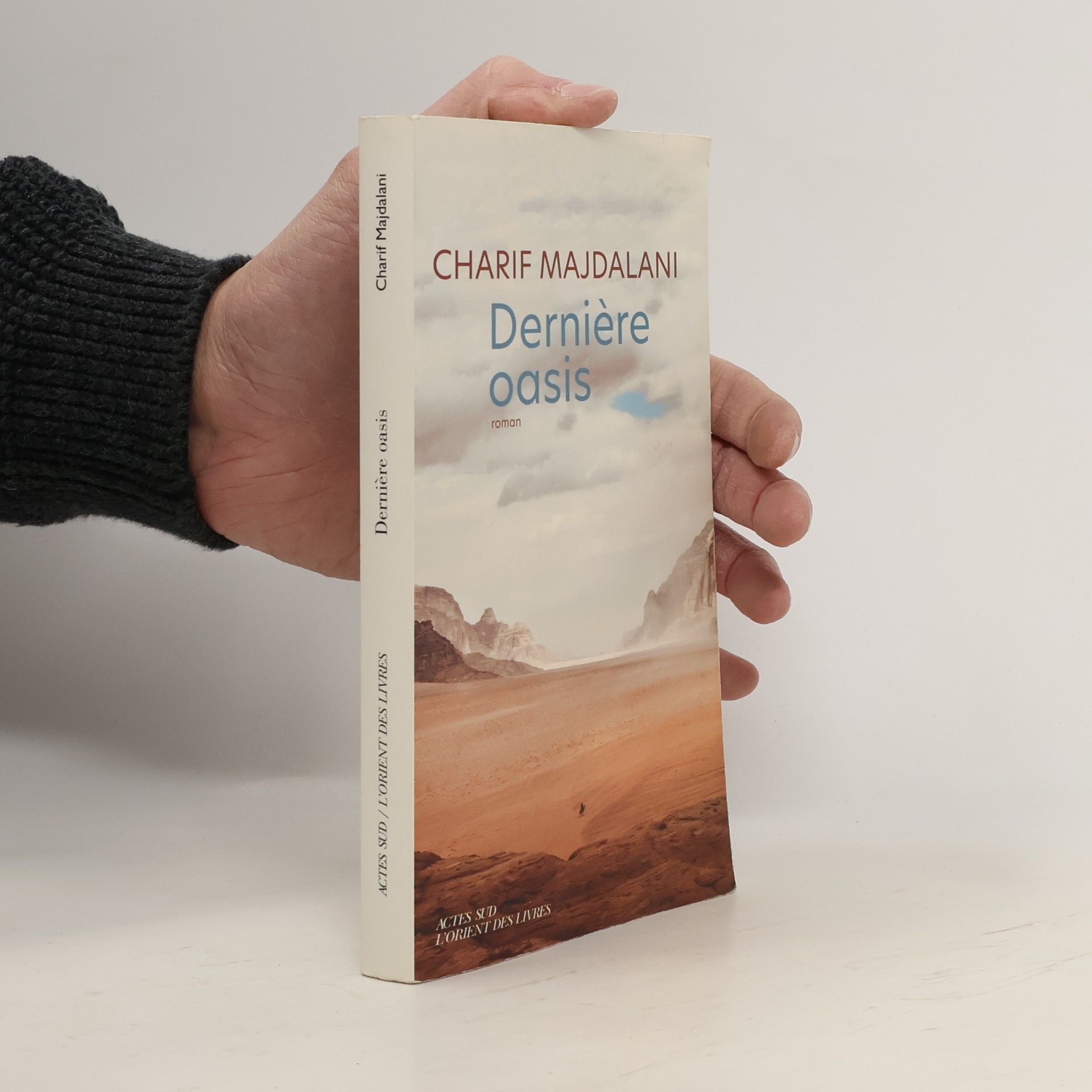Beirut 2020: Diary of the Collapse
- 192 páginas
- 7 horas de lectura
Set against the backdrop of Beirut's tumultuous socio-political landscape, this work captures the author's reflections and experiences during a time of crisis. It intricately weaves personal narratives with broader themes of collapse and resilience, offering a poignant exploration of life in a city facing profound challenges. The journal format provides an intimate glimpse into the author's thoughts and observations as they navigate the complexities of their environment, making it a compelling read for those interested in contemporary issues in Lebanon.



